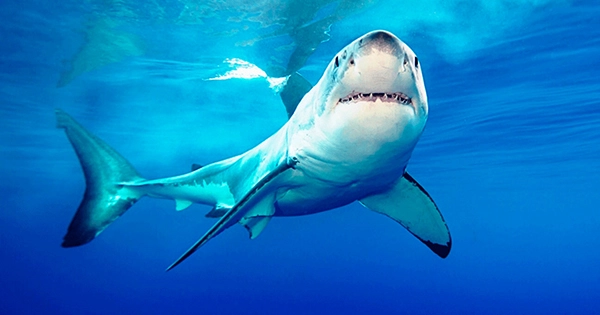On January 1, 2022, bitey boos celebrated a watershed moment when Hawaii became the first US state to prohibit shark fishing. The State Legislature passed the bill imposing the restriction in 2021, and it makes capturing, entangling, and killing sharks illegal. Act 51 (House Bill 553) is the legislation in support of our finned friends, and it applies to all shark species found in Hawaiian seas. While the Department of Land and Natural Resources (DLNR), which oversees shark-human encounters, is still working out some details, the move is a welcome step toward conserving both native animals and cultural activities.
In a statement, Division of Aquatic Resources Administrator Brian Neilson said, “Our Department is fully aware of how crucial sharks are to maintaining healthy marine ecosystems.” “We also understand how important they are to native Hawaiian cultural practices and beliefs.” Sharks are regarded as “keystone species” because of their top predator status, which means they have a large impact on the balance of a marine ecosystem. If they were removed from that ecosystem, the balance of prey and predators would shift dramatically, resulting in hazardous population booms and depletion of natural resources.
Sharks have also had a significant impact on Hawaii’s culture, where long-held traditions have worked to conserve and cherish sharks. In Hawaii, sharks revered as ‘aumakua, ancestral family deities,’ and Kahu men – shark guardians – would defend them in exchange for plentiful resources, according to the National Wildlife Federation. By forbidding the purposeful capture, entanglement, and slaughter of sharks for purposes other than personal protection, the new law would renew Hawaii’s tradition of caring for sharks and restore their protected status. The DLNR, on the other hand, will retain the authority to issue special activity permits and to authorize shark fishing when it comes to public safety.
The DLNR is considering putting limitations on fishing gear like gill nets in places where shark nurseries are known to exist in 2022, which might be excellent news for sharks. The DLNR advises anyone who accidently catches a shark to cut the line as close to its mouth as safely as possible rather than taking it on board. Failure to do so, as well as the intentional capture, entanglement, or slaughter of a shark, will result in fines of $500 to $10,000 per shark injured. More information regarding Act 51 (House Bill 553) can be found here.
















